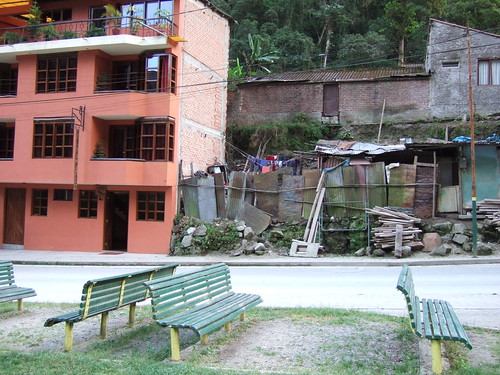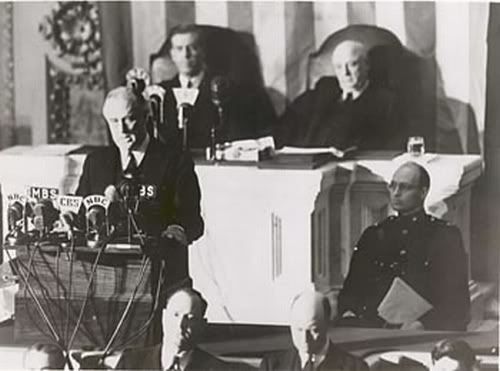
The Associated Press today foolishly declared major combat operations over in Iraq. Ludicrous. In months, or maybe even weeks, they will look as wrong as George Bush II's famous announcement on the deck of the USS Abraham Lincoln.
Wearing rose colored glasses the AP claims that, "Iraq has reached the point where the insurgents, who once controlled whole cities, no longer have the clout to threaten the viability of the central government." They offer no evidence to substantiate this claim other than the lull in violence in recent months. They ignore that the Sunni militias who control large swaths of the country have not been disarmed. Nor have then been brought into the central government's power structure. They are running independent fiefdoms that are not popular with the majority Shi'ites. These state-lets are not viable in even the medium term, even the AP concedes most of their loyalty has been bought with US dollars.
As the Clarion has repeatedly warned the Sunni militias are not the only fault line running through Iraq. The Mahdi Army of Shi'ite cleric Muqtada al-Sadr has not been disbanded nor disarmed. Their leadership has passed the order to stand down and cooperate, but only because they envisioned elections taking place in October and their man gaining a share of power from the current American assembled government. Now those elections appear unlikely. It is merely a matter of time with legitimate routes to power frustrated before the Mahdi Army returns to street fighting.
Beyond this there are a panoply Kurd v. central government of Iraq disputes that have yet to be resolved. Kurdish concerns run the gamut from power sharing to oil revenue distribution and even the disposition of major cities and territorial disputes. Unless the central government is willing to grant complete Kurdish autonomy, a civil war is brewing in northern Iraq, too. Like the Sunni militias and Mahdi Army the Kurds have not disarmed.
The AP and the New York Times today, are as wrong as Bush II was on the deck of that aircraft carrier years ago. How much more blood and treasure must America spill? Iraq is not a viable state. Is splitting it into thirds an option? The Clarion is unsure, but the Iraq of today's calm is the eye of the hurricane not the end of the storm.
The appropriate analogy would be Lebanon 1977. A hot civil war temporarily calms without any of the underlying disputes being resolved only to reignite months later into a conflict that is still unresolved today. The calm in Iraq is less then six months old, the fighting (LIC) has been on-going for centuries. The urge of the America news media to jump to overreaching conclusions has more to do with the proclivities born of the 24 hour news cycle than the facts on the ground.
















